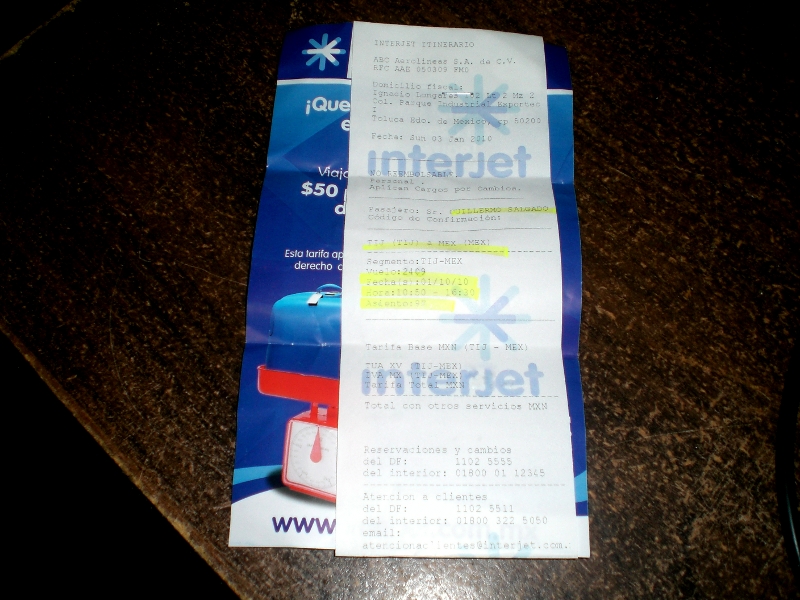Cablemas
It’s getting to the point I’m willing to pay for my own internet connection just to avoid their service, or lack thereof.
In Cuernavaca, avoid Cablemas like the plague. Your only real option is Infinitum.
Lost post
I was going to write a post about some things you obviously are having a good time tweeting about, dearest mother of my child.
But then I decided it wasn’t worth my time; it would be better spent learning new stuff so I can provide something good to him in the future.
You know he loves bathtubs full of warm water, right?
Still around
Yeah so I have this place a bit abandoned. I’m waiting for Cablemas to setup internet at home so I can waste my time in a good and proper manner.
It’s not that easy to get rid of me these days… no it’s not.
New Year, continued
I got robbed. Couple of hobos got me from the back when crossing a bridge. I’d always looked at them with sorrow but now… now I look at them with distrust.
Kill ‘em all, I say. Kill ‘em all.
I’m also thinking Tijuana is kicking me out, with assaults on multiple fronts; I’m going for strategic retreat to fight on a new front.
Incoming reality disfunction.
New Year
Incredibly, I spent it amongst other people at La Mezcalera instead of alone at basecamp. I wanted to be somewhere else, either at a big hotel or in another city. Sadly I couldn’t spare the resources for either party.
I guess I enjoyed myself a bit. A couple of beers, a mezcal. Someone got out a laptop for the countdown and that was that.
A perfect stranger wished me a good year too! That got a smile out of me. A real smile at that, the sort that goes up to your eyes. Not the crooked one I use to humor people.
Went for tacos after that, then went home and watched a movie. The best part? Not tired at all and ready for the weekend.
Secundaria
Here was a post that revealed too much about my current emotional state. All I’m going to say is when I look in the mirror I see no one there.

 There was once a wall, much like
There was once a wall, much like 
 Metro Fail
Metro Fail Turns out there really are UFOs in Tepoztlan.
Turns out there really are UFOs in Tepoztlan. Unirasta
Unirasta At 1050 on 2009/01/10 I shall be leaving Tijuana for the foreseeable future.
At 1050 on 2009/01/10 I shall be leaving Tijuana for the foreseeable future. An otherwise excellent weekend marred by my own actions; rather a lack of them.
An otherwise excellent weekend marred by my own actions; rather a lack of them. Dear crackers from Iran:
Dear crackers from Iran: